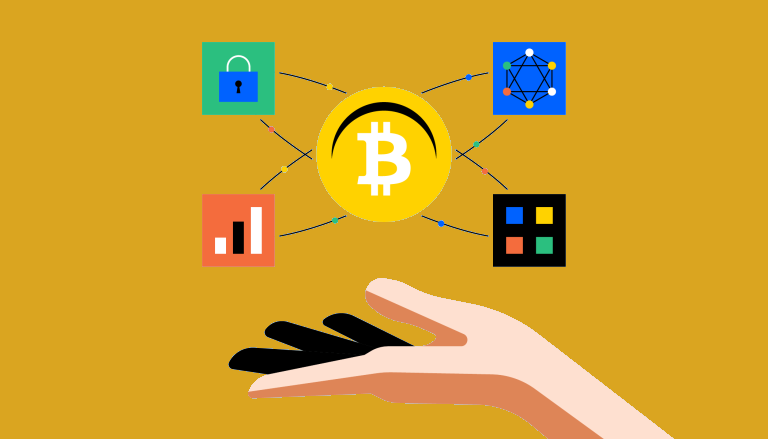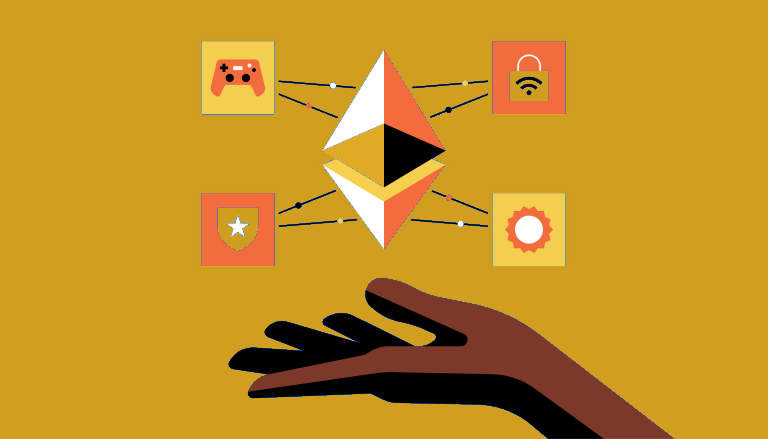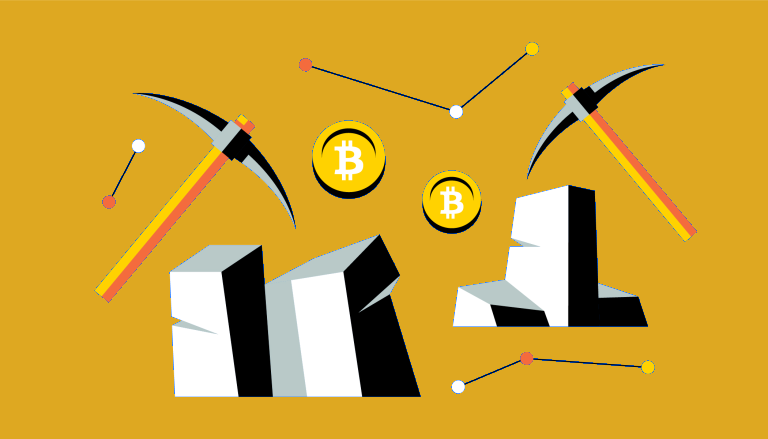New To Crypto? Start with this quick guides

What is Cryptocurrency?
At its core, cryptocurrency is typically decentralized digital money designed to be used over the internet. Bitcoin, which launched in 2008, was the first cryptocurrency, and it remains by far the biggest, most influential, and best-known. In the decade since, Bitcoin and other cryptocurrencies like Ethereum have grown as digital alternatives to money issued by governments.
The most popular cryptocurrencies, by market capitalization, are Bitcoin, Ethereum, Bitcoin Cash and Litecoin. Other well-known cryptocurrencies include Tezos, EOS, and ZCash. Some are similar to Bitcoin. Others are based on different technologies, or have new features that allow them to do more than transfer value.
A cryptocurrency blockchain is similar to a bank’s balance sheet or ledger. Each currency has its own blockchain, which is an ongoing, constantly re-verified record of every single transaction ever made using that currency.
No company, country, or third party is in control of it; and anyone can participate. A blockchain is a breakthrough technology only recently made possible through decades of computer science and mathematical innovations.

What is Bitcoin?
Bitcoin was created by Satoshi Nakamoto, a pseudonymous person or team who outlined the technology in a 2008 white paper. It’s an appealingly simple concept: bitcoin is digital money that allows for secure peer-to-peer transactions on the internet.
Unlike services like Venmo and PayPal, which rely on the traditional financial system for permission to transfer money and on existing debit/credit accounts, bitcoin is decentralized: any two people, anywhere in the world, can send bitcoin to each other without the involvement of a bank, government, or other institution.
Every transaction involving Bitcoin is tracked on the blockchain, which is similar to a bank’s ledger, or log of customers’ funds going in and out of the bank. In simple terms, it’s a record of every transaction ever made using bitcoin.

What is Ethereum?
Ethereum is the second-biggest cryptocurrency by market cap after Bitcoin. It is also a decentralized computing platform that can run a wide variety of applications — including the entire universe of DeFi.
Everything from financial tools and games to complex databases are already running on the Ethereum blockchain. And its future potential is only limited by developers’ imaginations. As the nonprofit Ethereum Foundation puts it: “Ethereum can be used to codify, decentralize, secure and trade just about anything.”
Ethereum has become a popular investment vehicle and store of wealth (and can be used, like Bitcoin, to send or receive value without an intermediary).

When is the best time to invest in crypto?
Cryptocurrencies like Bitcoin can experience daily (or even hourly) price volatility. As with any kind of investment, volatility may cause uncertainty, fear of missing out, or fear of participating at all. When prices are fluctuating, how do you know when to buy?
In an ideal world, it’s simple: buy low, sell high. In reality, this is easier said than done, even for experts. Instead of trying to “time the market,” many investors use a strategy called dollar-cost averaging (or “DCA”) to reduce the impact of market volatility by investing a smaller amount into an asset — like crypto, stocks, or gold — on a regular schedule.
DCA might be the right choice when someone believes their investments will appreciate (or increase in value) in the long term and experience price volatility on the way there.
Trondex was founded on the belief that blockchains and digital currency will rewire the global economic system, creating a fundamentally more open, inclusive, efficient and integrated world economy. We envision a global economy where people and businesses everywhere can more freely connect and transact with each other with new technologies using digital currencies. We believe such a system can raise prosperity for people everywhere.
Contact Us
location_on Address: 25 Mason Crescent, Penn, Wolverhampton, United Kingdom
mail Email: support@trondex.net

